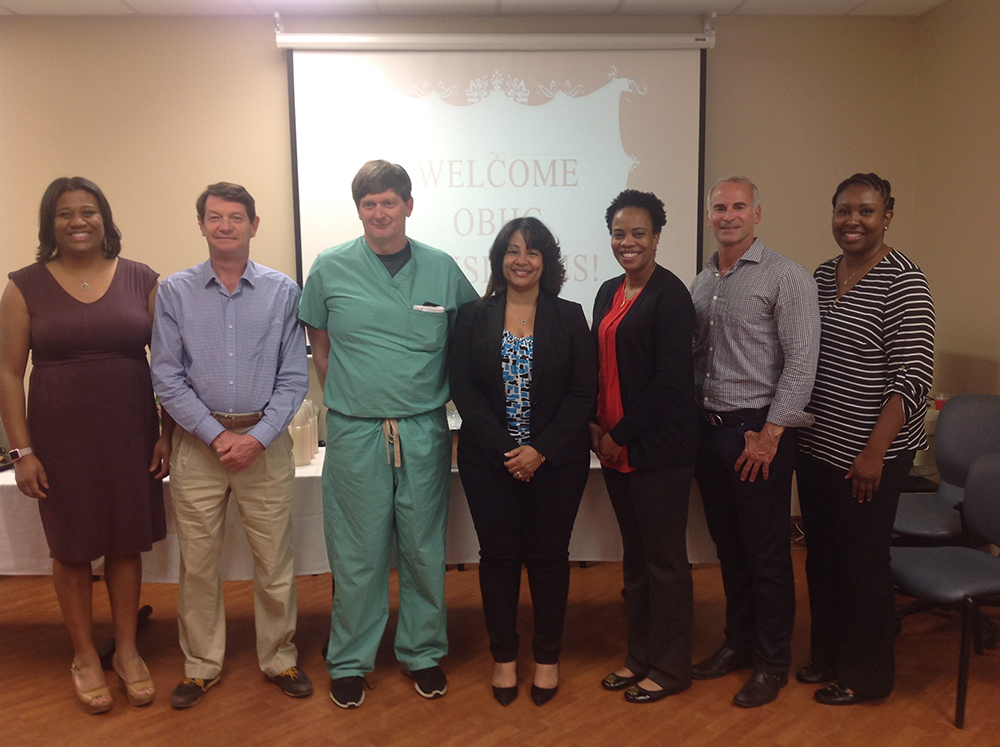
Last fall, an obstetric emergency department opened at Baptist Memorial Hospital-DeSoto. This new department is a first for the hospital and offers specialized services for expecting mothers who experience an emergency during pregnancy.
“A pregnant mom can utilize the OB ED anytime there is a concern over her pregnancy,” said Kimberly Rickard, MSN, RNC-OB, nurse manager, OB ED and labor and delivery. “Some of the most common reasons for a visit include decreased movement of the baby, possible labor, and evaluation for high blood pressure.”
The staff is able to treat any emergencies that could be either pregnancy or postpartum related; occasionally, women experience difficulties after childbirth and the OB ED is appropriate for those complications, too.
Unlike a typical emergency room, the OB emergency department is staffed with a board-certified OB/GYN 24 hours a day, seven days a week. These doctors, called hospitalists, practice in the hospital rather than a physician office.
“We accept patients during their pregnancy and up to six weeks postpartum,” said Rickard. “The OB ED offers care to women who have a regular OB/GYN and those without a doctor, and allows us to provide immediate care to women who may be experiencing a pregnancy-related complication or emergency.”
Convenience and accessibility make it easy for women to get the emergency care they need as fast as possible. “Having a board-certified OB/GYN in the hospital allows us to evaluate and treat complications quickly,” said Rickard. “This does not change a patient’s regular OB/GYN. Our hospitalists are able to provide care until her physician arrives, or in an emergency when immediate care is required. We’re here to give expectant mothers added reassurance during a pregnancy emergency.”
All doctors on staff in the obstetric ED are required to meet yearly medical education requirements and have training in advanced fetal assessment and monitoring, management of obstetrical emergencies, and routine deliveries. The experienced nursing staff works to provide reassurance and support, and the team can easily communicate with the patient’s personal OB/GYN concerning their visit and plans for care, making a seamless transition.
“Should they need to see us, mothers and babies are in good hands.”
